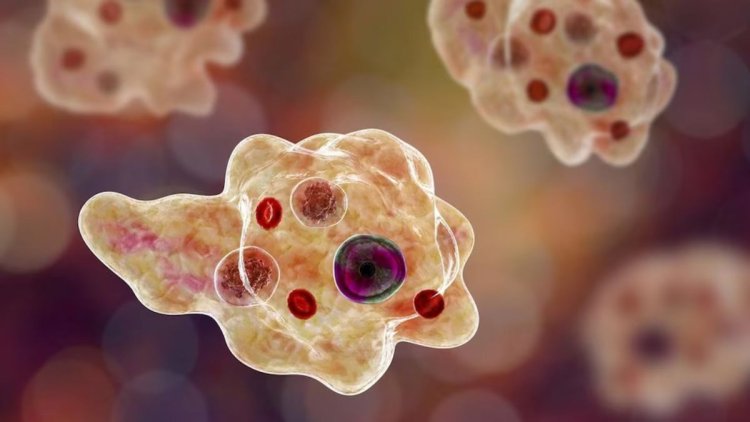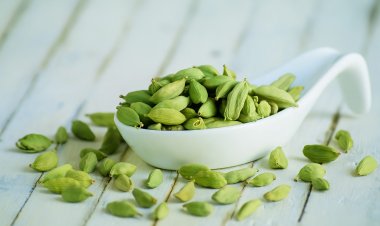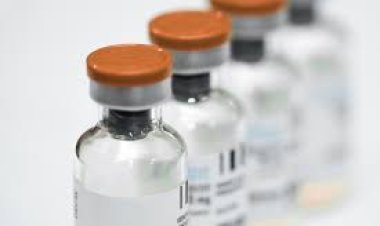Brain-Eating Amoeba Scare: Kerala on High Alert After 17 Deaths in 2025
Kerala is currently facing a severe health crisis with a sharp increase in cases of Primary Amoebic Meningoencephalitis (PAM), a rare and often fatal brain infection caused by Naegleria fowleri, commonly referred to as the "brain-eating amoeba." In the past nine months alone, 17 people have lost their lives to the infection, including a three-month-old infant, a nine-year-old girl, and most recently, a 52-year-old woman in Kozhikode. Alarmingly, seven of these deaths were reported in September 2025, making it the deadliest month yet during this unprecedented outbreak.
So far in 2025, Kerala has recorded 52 confirmed PAM cases. Patients have ranged in age from just three months to 91 years, and the gender distribution includes 33 males and 19 females. The outbreak has intensified in recent months, with multiple case clusters reported across various districts, particularly in August and September marking this as the most serious outbreak on record in the state. It follows a series of cases that emerged in 2024 in regions such as Kozhikode, Malappuram, and Kannur, which had already prompted health advisories and intervention from the central government.
What is particularly concerning to health experts is the shifting nature of the infection’s transmission. Traditionally, Naegleria fowleri infections are linked to swimming or bathing in warm freshwater bodies like ponds, lakes, or rivers, where the amoeba thrives. Infection occurs when contaminated water enters the nose, allowing the amoeba to travel to the brain. However, recent cases in Kerala including that of the infant and others who had no known exposure to ponds or public water sources suggest a more complex and potentially broader mode of transmission. Some affected individuals reportedly bathed only at home using domestic water supplies, prompting speculation that poorly maintained storage tanks, pipelines, or municipal water could be a contributing factor.
In response to growing public concern, the Kerala health department has issued advisories urging people to avoid swimming in untreated freshwater bodies, use boiled or filtered water for nasal cleansing (especially for infants and children), and ensure that overhead water tanks and domestic plumbing systems are regularly disinfected. Health professionals are also urging the public to remain alert to early symptoms such as high fever, persistent headaches, nausea, vomiting, and neck stiffness particularly following water exposure and to seek immediate medical attention if symptoms appear.
Naegleria fowleri is a free-living, thermophilic amoeba that is naturally found in warm freshwater environments. While infection is extremely rare, it is almost always fatal, with a survival rate of less than 3%. The amoeba destroys brain tissue rapidly, making early diagnosis and intervention critical, though treatment options remain limited and largely ineffective.
The Union Ministry of Health has sent expert teams to Kerala to assist in surveillance, water testing, and source identification. As the state continues its efforts to contain the outbreak, officials are calling for heightened public awareness, improved sanitation infrastructure, and long-term monitoring of water quality to prevent future tragedies.

























